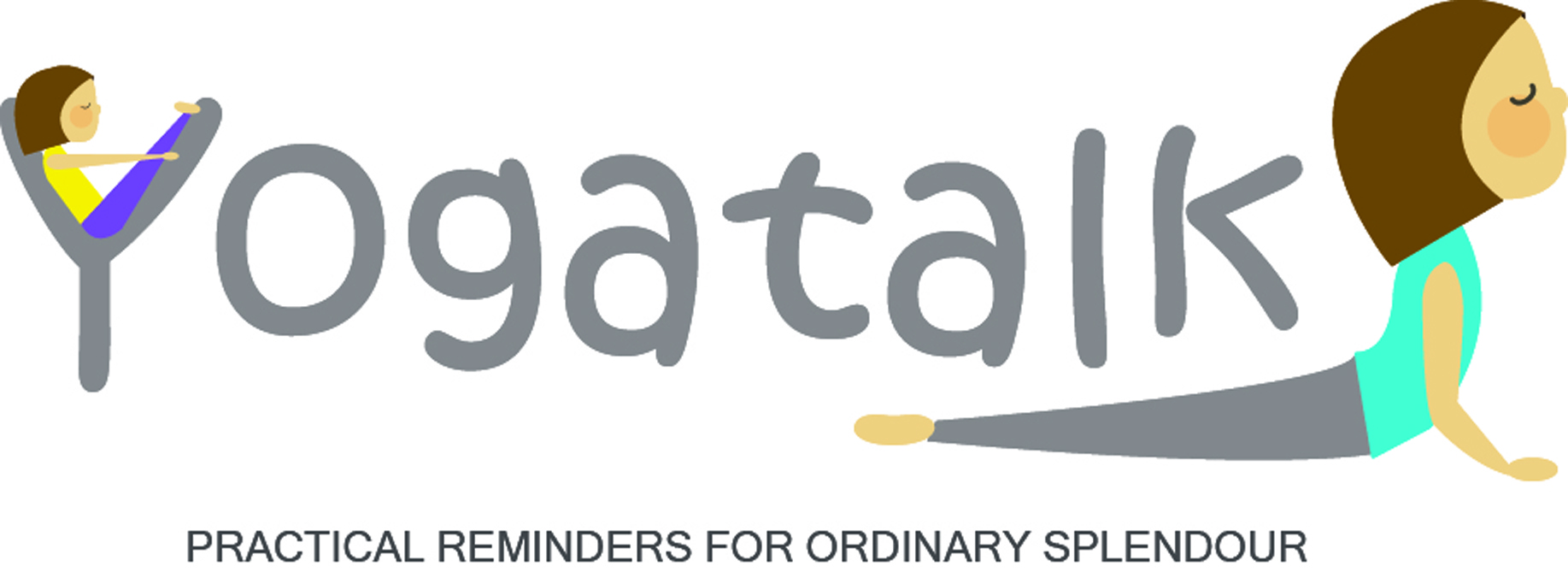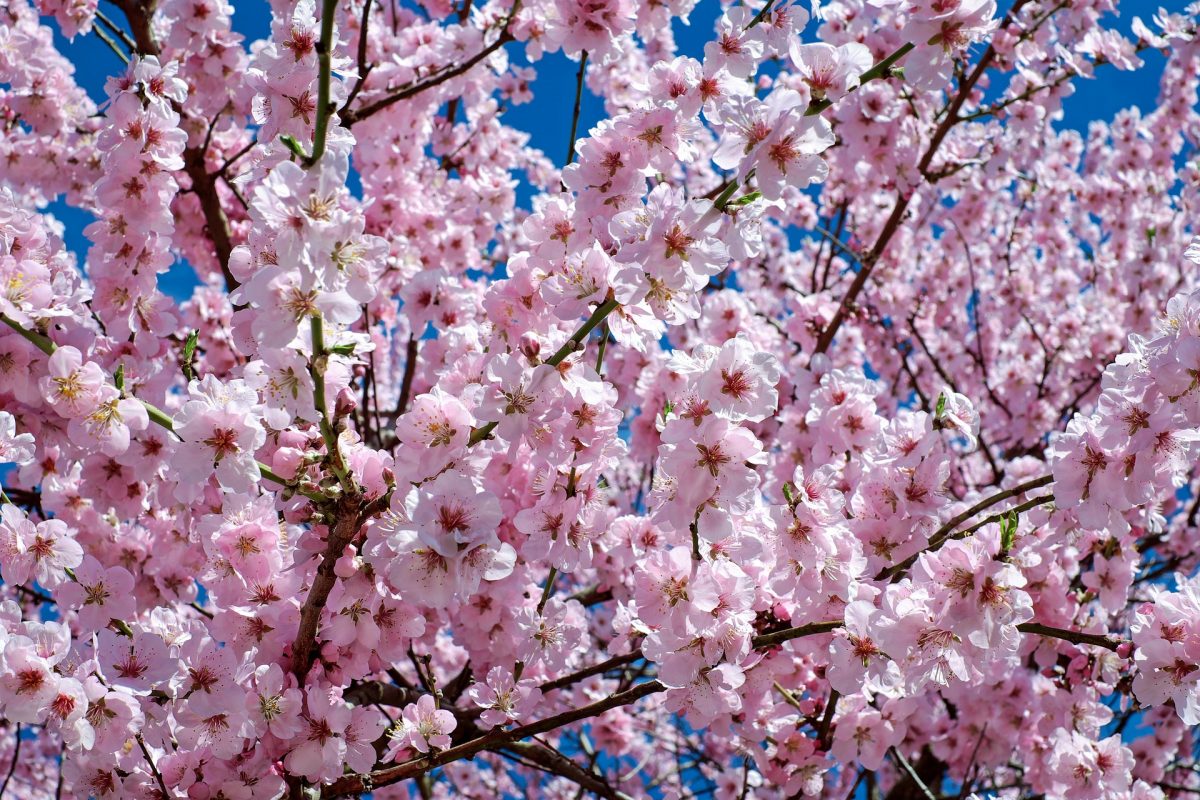 Here are some thoughts about habits, followed by a few simple ideas for how to make more good ones… and break the bad.
Here are some thoughts about habits, followed by a few simple ideas for how to make more good ones… and break the bad.
Chatting before class recently I remarked that we can make yoga practices out of many everyday things, and someone said…“Then I’m going to make a practice out of drinking gin!”
And yes, I suppose we could do such a thing, if only to appreciate it more and to better notice how much we’re actually drinking.
Whilst it made us laugh it also reminds me how sticky it is to navigate a course through life… when even overdoing the healthy things can ultimately cause harm!
This is when our yoga helps us recover an even keel and strike a better balance: for strength and flexibility both physically and mentally, being able to flex and not snap under strain, to think more clearly… and do things differently.
Our habits are as wide-ranging and individual as our nervous tics. It’s useful to be made more aware of them. Are they helpful? What influences these things we do so regularly that they’ve unconsciously ‘set in’, and we seem unable to manage without them?
Our brain is continuously making decisions on all kinds of levels. Don’t they say that conscious awareness is just 5% of the brain’s activity? Meaning that the other 95% is happening below our radar!
We can function easily on autopilot. It’s one reason for our species’ success – this ability to do one thing whilst consciously thinking about something else!
Being spared conscious involvement in mundane tasks frees up our brain for other things.
But freedom goes and troubles come when we’re unable to self-manage well. We can easily become confined by unhelpful habits and the old routines, living too much on auto – at the expense of self-awareness.
Making practices out of regular daily actions helps keep us fresh and wide-awake to our experience of living. Why not help restore the curiosity of our childlike self, unafraid to question everything? I mean not just our individual habits, but those which societies cultivate collectively.
Long-standing routines and religious or cultural traditions can certainly bring comfort and reassurance. Doing familiar things can sometimes steady us, making structure from life’s uncertainty and chaos. But we also benefit from nurturing our more attuned awareness.
Our life is such a sensory experience. We’re definitely pleasure seekers – beyond doubt! It’s just that some things are so enticing… and when caught up by moments of temptation we tend to forget that short-term gratification can lead to long-term pain.
Yes, we all have internal tussles. And with pleasure as a catalyst, trouble can easily brew.
I was reminded recently of something I too easily overlook… that emotion, not rational thought, is what drives even our unconscious decisions.
Humanity is beset by addiction, and with so many enticing things out there the problem seems to be growing.
But where once most addictions were for some food, drink or substances, now they are more likely to be behaviours; timeless ones like obsessive hoarding, cleaning, gambling, checking… and now with the additional modern examples such as: online gaming, binge viewing, social media, using mobile devices, checking texts and emails, or online ‘likes’.
It’s easy to see how people get stuck in their debilitating habits and behaviours. Maybe we hold on too tight because we fear change or letting go? Maybe we’re stagnating through inertia, apathy even, unable to think differently and move on? Imagine the false comfort of using a walking stick, long after a leg has healed.
But on a positive note: whilst it’s easy to drag ourselves down, we can also drag ourselves back up again – by knowing how to give things a ‘yoga-turn’. This means being unafraid and even amused to see all we do in a clearer, more kindly light. It takes all kinds to make our rich and diverse world.
Knowing how to self-help in a positive way is a purpose and cornerstone of yoga practice. We’re already acutely self-aware-emotive creatures. Yoga is about nurturing an awareness which is benign, beneficial, powerful and positive.
We’re each unique. Is there really such a thing as ‘normal’? What I regularly do is my ‘normal’, but to someone else… it may be just ‘weird’???
HERE ARE SOME HINTS ON HABITS:
Self-observe
Cultivate a skill in self-observation. Simply notice personal routines and habits, so we can distinguish between the benign, useless, harmful and helpful.
Try to spot influences and associations concerning particular habits, such as people, places, situations, moods and mind-frame.
Some ill-serving habits are less consequential, but some can cause great suffering for a person and those around them.
Decide
Recognise what change is needed. Are you breaking a bad habit? Making a new and positive routine? All of this? Choose your path and make a plan.
Set realistic goals and manageable timelines… half a day of doing this, three hours of not doing that… until the hours extend to days.

Visualise
Picture the future you. Imagine your life and how you will be with this new routine or when free of that particular habit. Bring this picture to your mind’s eye on a regular basis, especially when temptation is strong – until it passes. It will pass… everything passes.
Clarity
Aim to be free of self-deception. Have courage and be fearless in having definite goals. Are you adopting something new? Managing something? Giving something up completely?
Use tactics
Seek out situations which consolidate a new and positive routine. Avoid people or places you associate with bad habits. Schedule in new well-serving habits. Tag them onto existing routines – like going swimming on the way to work.
Keep trying
Long-standing bad habits are very difficult to shift; they’re persistent. Don’t give up when you slip up. Just start again.
Willpower gets depleted more easily at times of stress and strain. Resting helps renew it; like a muscle it gets stronger with regular exercise, which starts to seem easier.
Procrastination
While it’s true that good timing can help make or break a habit, it’s also true that the best time to start afresh is sometimes… NOW.
It’s your call to recognise which is the wiser deed – don’t delay or put off taking action when you know you’re falling back on excuses.
Accept support
Be unafraid to share your journey with those you trust. Be a good receiver of support. Be prepared to seek medical help. A burden is lighter when shared.
Patience and kindness
Practise self-compassion. Change can’t always happen overnight; adjusting behaviour patterns is rarely instant. If a stiff body has been sitting slumped for years, even the greatest will in the world can’t make it sit instantly upright.
Look after yourself
Value yourself. Focus on the healthy-living you. Incentivise yourself – give yourself credit and treat yourself well. Get plenty of rest – the world can seem a better place after a good night’s sleep.
Each moment that passes adopts the sense of a new beginning if we choose it to be so. For most of us the absence of awareness allows the mundane and habitual process to creep in, eventually setting the tone of our daily existence to the detriment of pleasure and freedom of thought and action. A balance of security and safety of everyday stuff coupled with excitement and autonomy to make alternative choices is surely one of the gifts of human intelligence. Having the confidence to delight in our very existence and ‘ring the changes’ can significantly enrich our lives…. If only we could recognise these choices are ours to make!!

